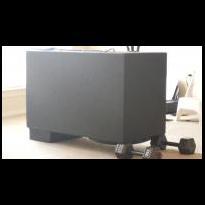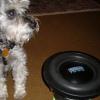Recommended Posts
-
Recently Browsing 0 members
No registered users viewing this page.
-
-
Recent Topics
-
- 400 comments
- 34,224 views
-
- 19 comments
- 390 views
-
- 3 comments
- 113 views
-
- 4 comments
- 223 views
-
- 2 comments
- 767 views
-
- 5 comments
- 1,621 views
-
-
-
Recent YouTube Posts



